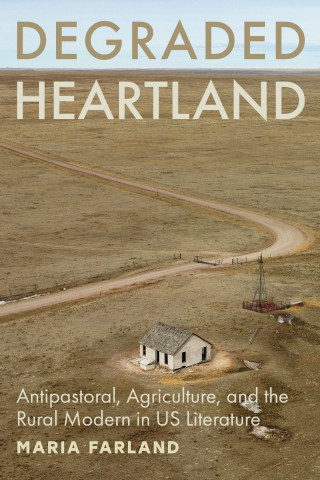
Reviews
His obvious erudition regarding a number of theorectical fields, including Marxism, postcolonialism, globalism, and Asian-American and Afican-American ethnic theory is impressive... Buell provides thorough and often illuminating readings of key works by several authors of fiction who are concerned with issues of globalism and various nationalisms, including most prominentely James Ngugi, Bharati Mukherjee, Tanizaki Junichiro, Maxine Hong Kingston, Mishima Yukio, and Nuruddin Farah.
In this comprehensive book, ranging in reference from nationalism in Japan to ethnicity in the United States, from world-system theory to diaspora, from interpretation of novels to readings in contemporary cultural theory, Buell patiently reflects on the ways culture has been conceived since World War II and is being reconceived today. As a literary critic and cultural theorist, Buell tries to show that we can see in culture, as much as in economics, 'globalization processes at work.' The value of the study is its perspective.
National Culture does provide the energetic and persevering reader with a wealth of information on theoretical perspectives on global culture relationships... The penultimate chapter, 'Outside the Marxian Tradition' is particularly strong.
A model of theoretical work that doesn't smother literary analysis. I cannot think of a better introduction to ways of thinking about culture in an age of globalization.
Buell uses a very wide range of examples from around the globe to explain and explore the major theoretical frameworks currently available for understanding cultural production in the global system. His book is a model of theoretical work that doesn't smother literary analysis. I cannot think of a better introduction to ways of thinking about culture in an age of globalization.





